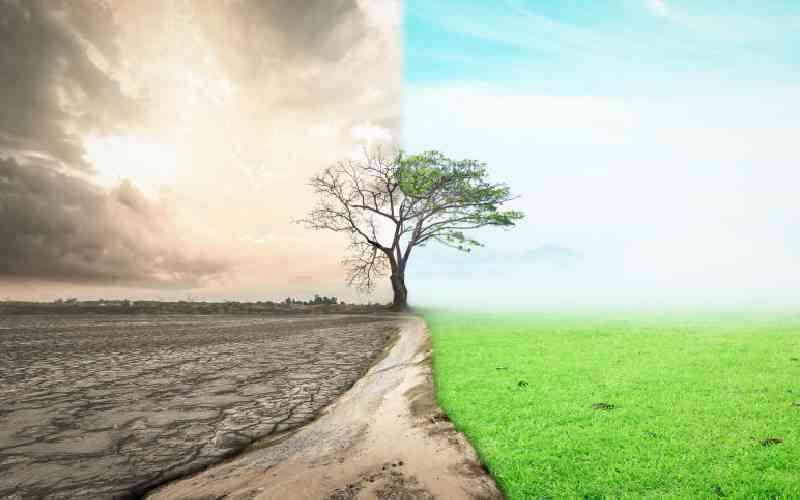×
The Standard e-Paper
Join Thousands Daily

The All Africa Conference of Churches (AACC) has used the Faith Pavilion at the COP29 to advance its calls for justice for the least contributors to the climate crisis, but who are worst affected.